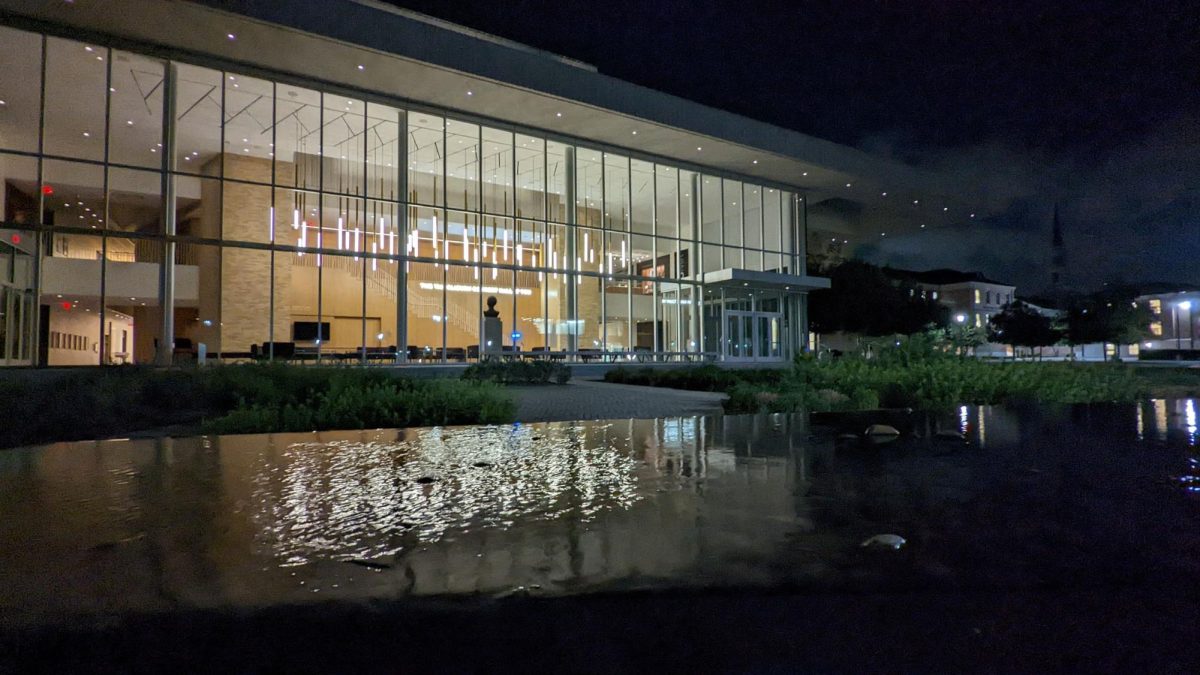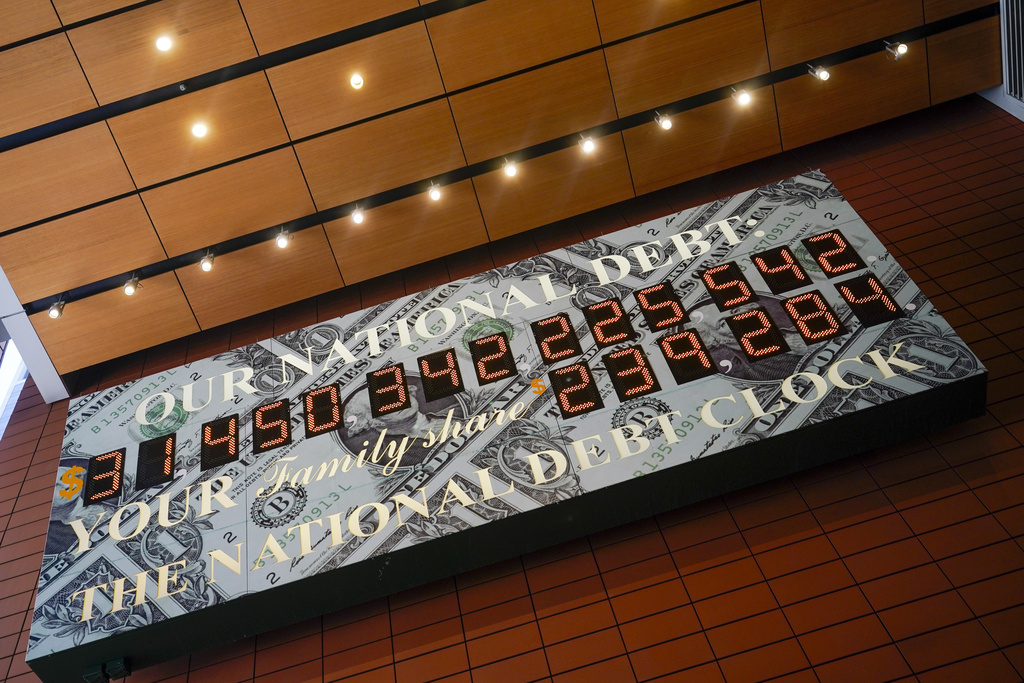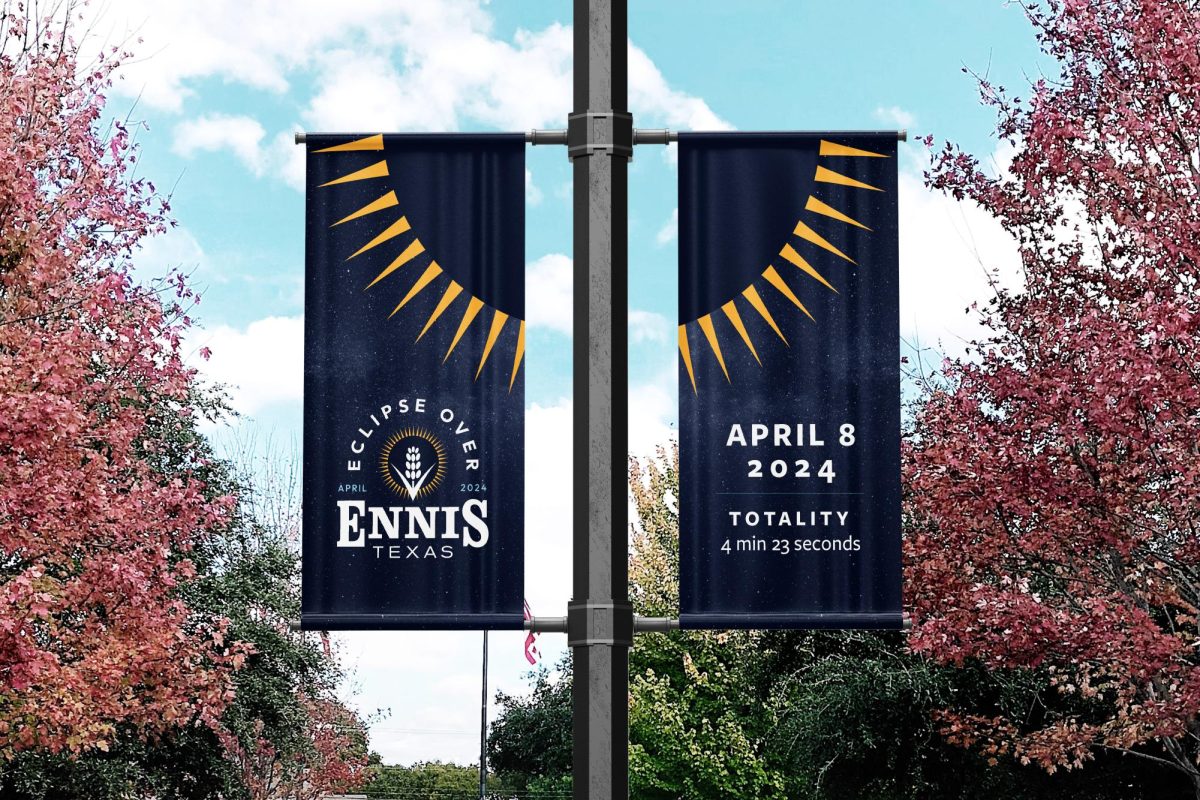Fort Worth has recycling facilities that accept glass bottles and soda cans along with thrift stores that accept used clothing. But what about leftover food?
Miguel Harth-Bedoya, director of the Fort Worth Symphony Orchestra and internationally acclaimed conductor, orchestrated a service that would allow him and other residents to compost food waste.
Harth-Bedoya teamed up with small-business owner and family friend Johanna Calderón to create Cowboy Compost in July.
Cowboy Compost aims to raise awareness about organic waste and recycling and divert food waste away from the only landfill in Fort Worth, said Harth-Bedoya.
Fort Worth’s Southeast Landfill, which is the size of about 170 football fields, will be completely full in 25 years, said Jane Berry, operations supervisor of the landfill.
Berry said the landfill takes in 3,000 tons a day, which amounts to 240,000 full bags of trash.
Cowboy Compost helps divert waste away from the landfill, said Harth-Bedoya. Employees pick up residential and commercial food waste from around Fort Worth and inspect the waste to ensure it is free of contaminants before transporting it to a composting facility.

Harth-Bedoya said food waste includes anything that isn’t eaten, such as fruit and vegetable peels and cores, leftover pizza crust or fat from meat.
Harth-Bedoya said he arranged for facilities including Silver Creek Materials and Meyer Materials to accept food waste into their composting process. Those facilities convert the food waste into soil that can then be used to grow more food, he said.
Harth-Bedoya said this process creates a circular, sustainable system.
“So by doing this, now I’ve created the option of recycling, basically, because compost is recycling,” Harth-Bedoya said.
In his own household, Harth-Bedoya said he reduced the amount of waste that would normally go to a landfill by 90 percent.
How it all began
Cowboy Compost’s first customers were the musicians of the Fort Worth Symphony Orchestra.
In a test to determine the effectiveness of the service, Harth-Bedoya brought his colleagues airtight buckets and instructions for what could be composted and what could not.
His colleagues would then bring him their buckets filled with organic waste each week.
Harth-Bedoya said the results of this pilot program were impressive.
“The data that we came up with was in the thousands of pounds that could have gone to garbage,” he said. “And that is when I realized, wow. Every single person, one little bit at a time, gets up in the thousands of pounds.”
Harth-Bedoya said he shared this data with the city of Fort Worth, which encouraged his efforts.
“And they were so, you know, impressed that this was a need, so they sort of gave me basically validity to go ahead and get this started,” he said.
Cowboy Compost customers
Since Cowboy Compost opened in July, its co-owners Harth-Bedoya and Calderón have seen the company expand its service from friends to social media followers, wrote Calderón, the company’s general manager.
Cowboy Compost services include residential compost pickup at $7.50 per bucket, community composting that could be applied to a workplace or dormitory, restaurant compost pickup and Zero Waste parties, according to its website.
Pickups take place once every two weeks, said Pete Smith, operations director of Cowboy Compost.
Harth-Bodeya said Cowboy Compost is more than a service: it’s satisfaction.
“You have satisfaction that you are actually doing something that matters,” he said. “….Because it feels so great, you know that you look at your trash cans and they are almost empty, there’s nothing.”
The only restaurant currently on Cowboy Compost’s pickup route is Z’s Cafe, which is co-owned by Texas Christian University alumnus Carlo Capua.
Cowboy Compost from TCU Student Media on Vimeo.
Z’s Cafe started using Cowboy Compost’s service about two months ago, said Capua.
Capua said placing food waste in buckets creates a cleaner restaurant environment.
“Instead of going in our dumpster, it’s going in here so it’s being put to good use; it’s creating less trash; and over all it just, it makes the place–it helps with the smell, it helps with the size of the dumpster that we’re going to use,” Capua said.
Capua said he may be able to get a smaller dumpster for the non-organic trash, since so much food waste is now being picked up for composting.
The big picture
While Harth-Bedoya is raising awareness about waste using his celebrity platform in music, the city of Fort Worth is examining how it can utilize emerging technologies to improve waste diversion, according to its website.
Fort Worth’s new 2016-2036 Comprehensive Solid Waste Management Plan aims to divert 40 percent of the city’s waste away from landfills and toward alternative disposal methods such as recycling and composting, according to the website.
Statistics on the city’s website show the amount of waste diverted from landfills grew from 7 percent in 2003 to 24 percent in 2013. Two-thirds of that waste is commercial, and one-third is residential.
The city’s last waste management plan in 1995 was outdated and did not account for new technologies, according to the website.
For Harth-Bedoya, waste diversion is less about numbers and more about sharing the satisfaction of contributing to a specific environmental practice in a specific location–composting in Fort Worth.
“I’m not asking people to fix the world’s environment because you can’t,” Harth-Bedoya said. “By not throwing something [away] you can’t fix the problems of Brazil’s pollution. But you can have an impact on pollution and garbage in Fort Worth.”





